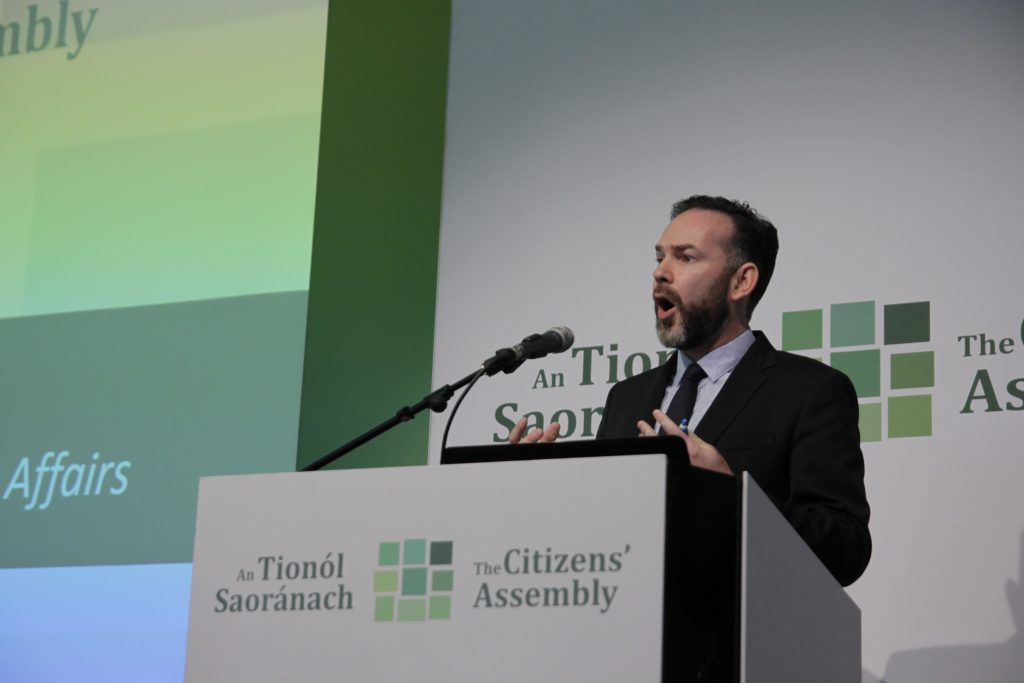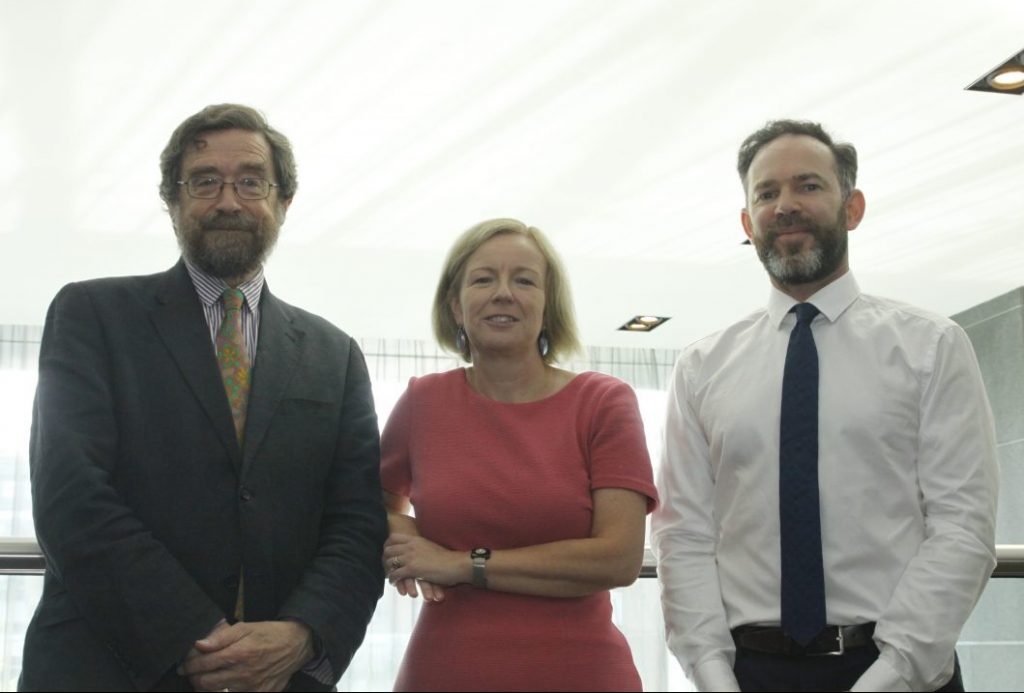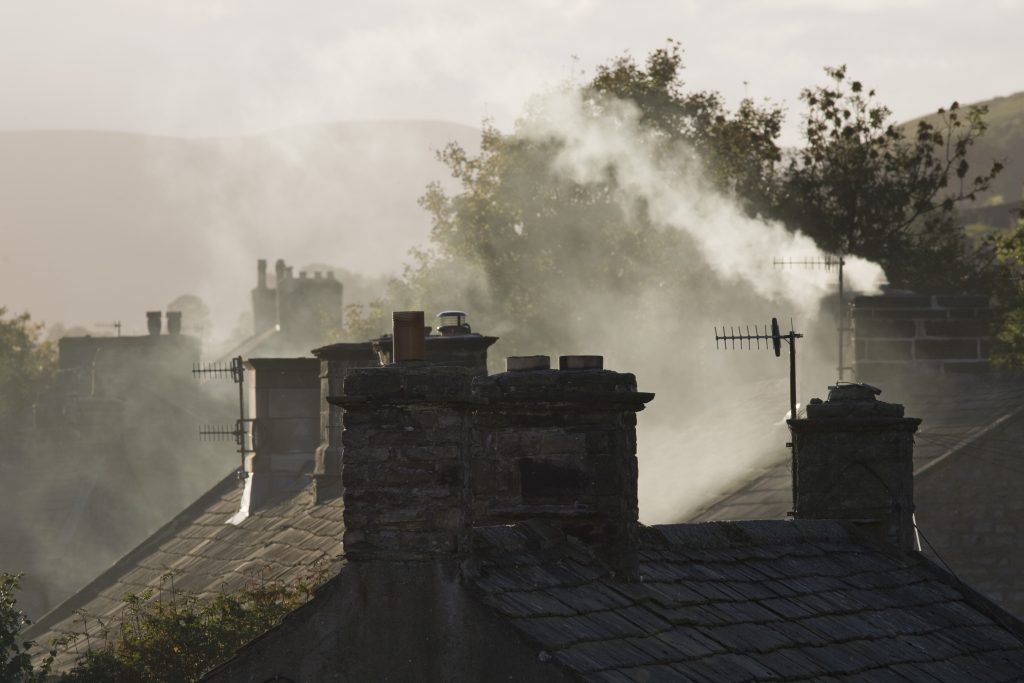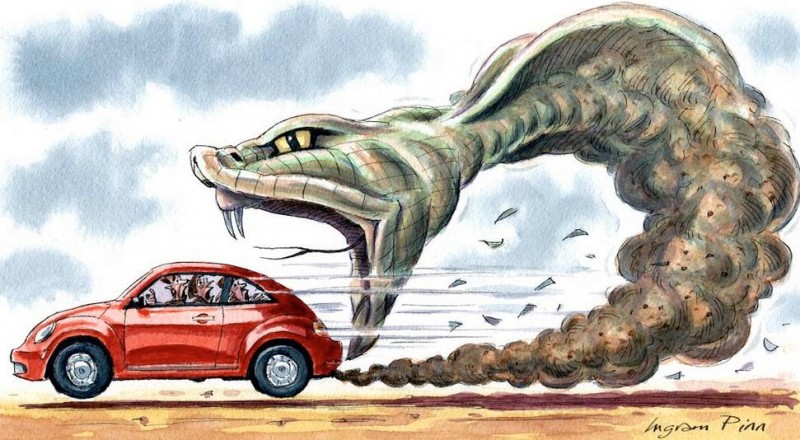Experts, not activists, the most vocal critics of State’s carbon tax faux pas

October 10th, 2018
Just two months ago, Leo Varadkar said that it was time to finally “grasp the nettle” and raise our relatively low carbon tax in order to make a move toward hitting our climate targets (although at this point we are gently caressing them at best).
The move had cross-party consensus and the Government was open about plans to include a tax bump of at least €5. It all looked rosy until the news was leaked to the media on Monday that carbon had cold feet and didn’t want to budge from its €20 safe space.
So it was not very surprising that as Paschal stepped up to the plate on Tuesday afternoon, carbon tax pulled a runner.
Equally unsurprising, environmental groups and the Greens came out all guns blazing during the post-Budget 2019 media meltdown – ‘two fingers to future generations’, ‘a shameful day for Fine Gael’, ‘staggering failure of political leadership’ etc…
However, one thing that was new was the near instant hit back from the experts who one comes to expect to keep schtum after such decisions and keep on with their research.
And they didn’t just hit us with the economic rationale. They were clearly peeved off.

Joseph Curtin IIEA Citizens Assembly Photo: Niall Sargent
‘Father Ted budget’
Joseph Curtin, a leading political economist, was first up to bat. A “Father Ted budget”, the decision to exclude any increase in the cost of carbon, he said, was both “shocking and depressing”.
The move, he added, was “an abject failure of political courage and leadership” with the Cabinet clearly unable to look beyond the next General Election.
Mr Curtin is a member of the State’s own Climate Change Advisory Council (CCAC) that has said the carbon tax should be bumped up to €30 per tonne in 2019 and rise to €80 by 2030.
This would be an “essential component” in achieving a low-carbon transition by mid-century, the body said in a special report on the tax released in July.
The CCAC itself felt the need to issue a press release to express its “disappointment” with the decision, especially in light of the findings of the IPCC report released just the day before.
This is a rare thing. The body is normally very tight-lipped on its views and usually only ever sends out media briefings when it has a report coming out.

(from left) Prof Fitzgerald, the EPA’s Laura Burke and the IIEA’s Joseph Curtin Photo: Niall Sargent
Government not ready to act
So it is serious when the chair of the Council and eminent economist, Professor John FitzGerald, says that the Government’s decision (or lack of one) signals that it is “not ready to take the obligations of tackling climate change seriously”.
And you can see why he feels this way just three months after the CCAC’s report on carbon tax explained that it is an easy lay-up for the State to bring down emissions, encourage a move to renewables and bring in a chunk of revenue.
This revenue, the CCAC said, can then fuel the transition to a low-carbon society and pay for the infrastructural changes required to get hundreds of thousands of electric cars on the road by 2050 and supply the funds to retrofit our ageing and energy efficiency ailing housing stock.
Yesterday, the Taoiseach said that a higher carbon tax would seriously impact older people and those in rural areas and that any tax hike should be explained to the public first before it takes effect.

smoke from chimneys. Photo: NUI Galway
Short-term politics
However, as Tipperary Energy Agency Chief Executive Paul Kenny wrote in The Green News last week there are numerous ways in which the State could have rejigged the system to bump up the carbon tax without hitting the elderly, lower-income families and those in rural areas.
In fact, a new ESRI study on the tax – ironically (or more like calculatedly) released the morning of Budget 2019 – found that households would face only small increases in costs with a higher carbon tax.
Yet, the State has ignored all options for another year at least, and who will lose in the long-term – yes, you guessed it – rural and low-income families.
As Kenny said yesterday in a media release from Tipp Energy – yet another very rare occurrence from an expert body – carbon usage “drains rural Ireland of vital funds”.
Our continued dependence on imported high carbon fuels, he said, ensures that “rural Ireland is tied to the petrol pump and the oil boiler”.
“It’s precisely this type of short-term political string pulling that will leave rural Ireland poorer in the long run,” he warned. “The only way this will change is if people use the supports and make a change”.
As the Government deals with the arrival and aftermath of Storm Callum across Ireland tonight, let’s hope they begin to see the pressing need to make the big and bold changes we need right now.
[x_author title=”About the Author”]







